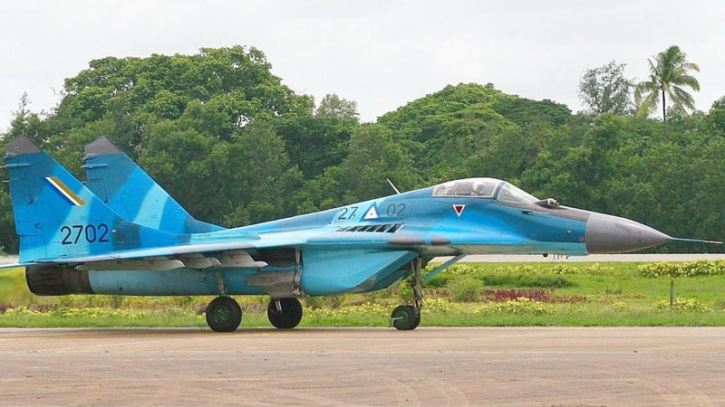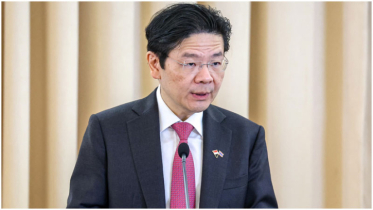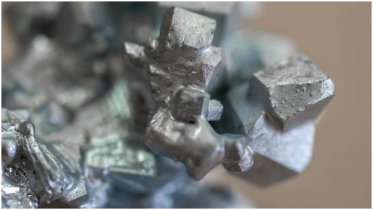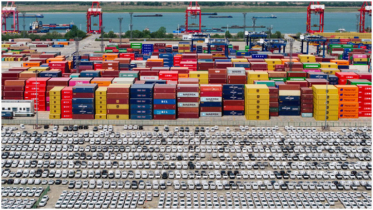More firms named as suppliers of aviation fuel to Junta regime

Aviation fuel shipments to Myanmar continue despite the junta military’s ongoing war crimes, Amnesty International and Global Witness said Wednesday, identifying more companies involved in the supply chain and calling for a halt to aviation fuel exports to the country, Irrawaddy reports.
Along with Burma Campaign UK, the rights groups have identified additional companies involved in aviation fuel transactions likely to have reached the military in recent months.
The announcement follows the Nov. 3, 2022 release of Amnesty International’s “Deadly Cargo” report on the country’s aviation fuel supply chain, which linked national, regional and global companies to the Myanmar military. The update identifies more companies involved in the supply network.
One shipment involved the oil tanker Prime V, which sailed from Sikka, India on Nov. 28. On or about Dec. 10, Prime V offloaded Jet A-1 grade aviation fuel at the former Puma Energy Aviation Sun Co. Ltd. (PEAS) terminal in the port of Thilawa in Yangon.
One of the companies involved in this transaction is Reliance Industries Ltd. of India, which owns the terminal from which Prime V departed. Sea Trade Marine, a Greek company, is the beneficial owner of Prime V, while Japan’s P&I Club provided the protection and indemnity (P&I) insurance. (A beneficial owner is defined as the entity that enjoys the benefits of ownership though the property’s title is in another name.)
Details of an October shipment have also been obtained recently, showing that the tanker Big Sea 104 left the Bangchak Oil Refinery in Bangkok Port in Thailand on or about Oct. 8. It arrived at Thilawa about a week later and offloaded 12,592 tonnes of Jet A-1, according to data from Kpler, a commodities information company, at the former PEAS terminal, according to Amnesty.
“We have traced new shipments of aviation fuel that have likely ended up in the hands of Myanmar’s military, which has consistently conducted unlawful air strikes. These attacks regularly kill civilians, including children, yet planes can only take off if they have fuel,” said Montse Ferrer, Amnesty International’s researcher and adviser on business and human rights.
The refinery from which the ship departed is owned by publicly listed Thai company Bangchak Corporation Plc. Prima Marine Plc, another Thai company, is the beneficial owner of Big Sea 104, while Luxembourg-based The Shipowners’ P&I Club provided the insurance.
At the time these two shipments arrived, the port terminal was controlled by the Myanmar subsidiary of Swiss and Singapore-based Puma Energy. In October 2022, Puma Energy said it was withdrawing from Myanmar after selling its assets to what it called a “locally owned private company” from which it claimed to have obtained undertakings to comply with “Human Rights laws” and not use assets to commit human rights violations.
Amnesty International has established that this buyer is Shoon Energy, formerly called Asia Sun Aviation, and that the sale was completed in December 2022.
Shoon Energy is part of Myanmar conglomerate Asia Sun, which imported aviation fuel on behalf of the military and distributed it to air bases. Following Puma Energy’s departure, this conglomerate now manages the main aviation fuel terminal at Thilawa, and, jointly with military-controlled Myanmar Petroleum Products Enterprise, the import and distribution of aviation fuel across the country.
Last month the UK and EU imposed sanctions on individuals and companies behind the Asia Sun group for their ties to the provision of aviation fuel to the Myanmar Air Force. Ahead of these sanctions, however, the Asia Sun conglomerate changed several of its companies’ names to Shoon Energy.
Hanna Hindstrom, senior investigator at Global Witness, which helped conduct the research, said: “We urge anyone involved in this trade to put people before profits and to cease supplying the fuel that facilitates these atrocities. We call on more states to enact or reinforce controls to prevent these supplies.”
The international organizations involved in revealing the shipments said that since the companies continue to export aviation fuel to Myanmar, even while knowing the role that it plays in enabling war crimes, the international community must act.
Amnesty International and Global Witness have previously laid out a path forward: Countries should suspend the export and transport of aviation fuel to Myanmar, they said.
“The international community has the tools in place to enact these restrictions. We should do what is in our power to reduce the Myanmar military’s capacity for terrorizing civilians,” Hindstrom said.
.png)




